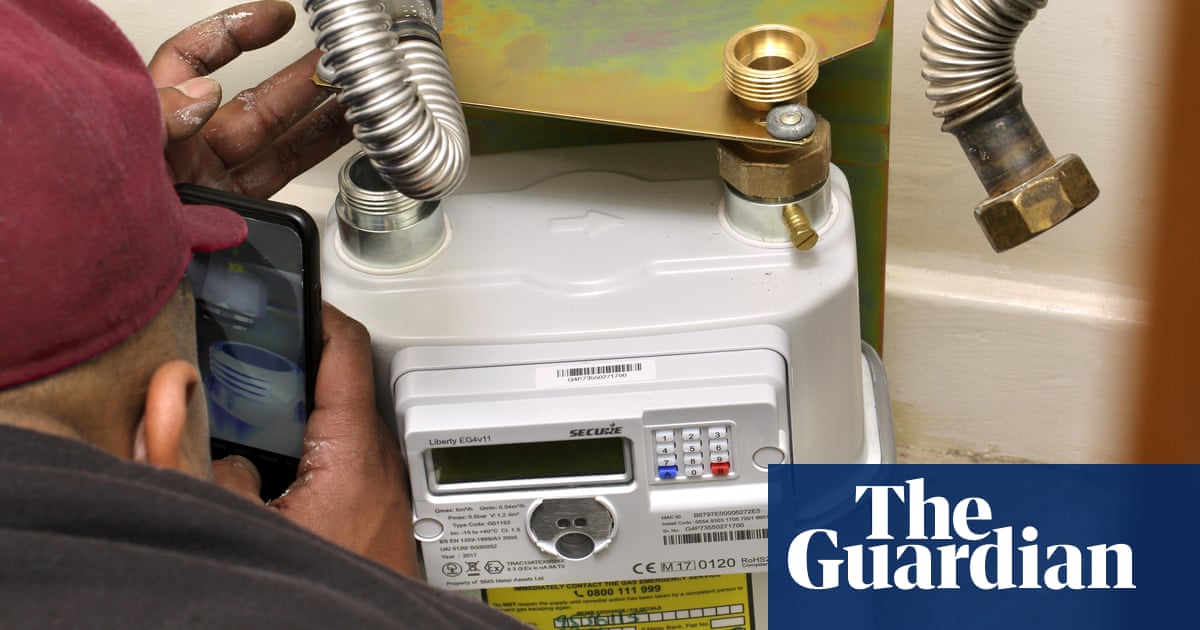The number of British households stealing about £1.5bn of gas and electricity every year is expected to rise as energy bill bad debts continue to set new records, according to fuel poverty campaigners.
The energy industry has warned that “desperate” households who are unable to pay their bills are increasingly resorting to tampering with their gas and electricity meters to avoid falling deeper into debt.
The value of energy stolen from Great Britain’s energy grids is already estimated at £1.5bn every year. Ultimately, this is paid for through energy bills – adding almost £50 a year tothe costs faced by all households.
Matt Copeland, the head of policy at National Energy Action, said: “As prices continue to rise and energy debt increases, households struggling to pay their bills will turn to increasingly desperate measures to stay warm at home and keep up with their bills.”
Organised criminal gangs are also increasingly tapping into the electricity grid to steal power for cannabis farms and bitcoin mining operations. One network operator, Electricity North West, which serves about 5 million people across Greater Manchester, Lancashire and Cumbria, said it responds to about 900 calls a month about incidents of suspected energy theft.
The increase in gas and electricity prices in recent years has led to a sharp rise in the number of households tampering with their gas and electricity meters to avoid paying their bills.
As many as one in every 150 homes are estimated to have tampered with their energy meters, pipes or cables to secure energy, according to Britain’s official energy theft tipoff service, with calls to the Crimestoppers hotline about suspected energy theft peaking at a record 1,000 every month.
The tipoffs have climbed by about two-thirds since the energy crisis began in 2021 – but the organisation estimates that about 250,000 cases of energy theft are likely to go unreported every year.
Official industry data revealed this month that Great Britain’s energy debt has climbed to a record high of £3.9bn, more than double the unpaid bills before the energy crisis in 2021.
The industry regulator for Great Britain,Ofgem, published figures showing that average gas and electricity arrears for households on debt repayment plans have risen 5% from last year to a total of £1,296. For those who are not on debt repayment plans, the average bad debt has soared 24% for electricity and 26% for gas, to £1,617 and £1,376 respectively.
Sign up toBusiness Today
Get set for the working day – we'll point you to all the business news and analysis you need every morning
after newsletter promotion
It published the findings shortly after the government’s cap on energy prices climbed for a third consecutive quarterto an average of £1,849 a yearfor a typical household, or more than double the price before Russia’s invasion of Ukraine caused global energy prices to rocket.
“It is important that the UK government recognises this and provides significant support to households to reduce their bills, through the upcoming warm homes plan and financial support this winter,” Copeland said.
